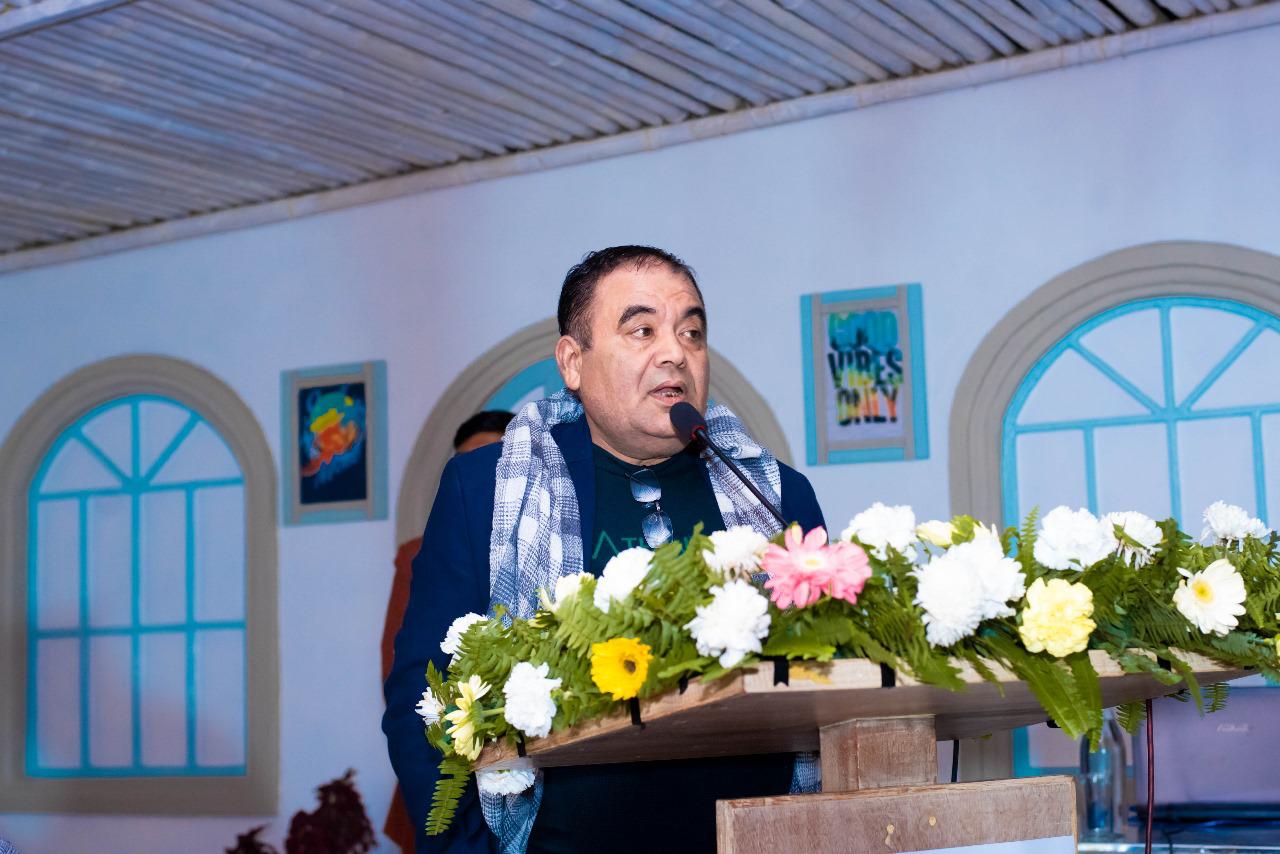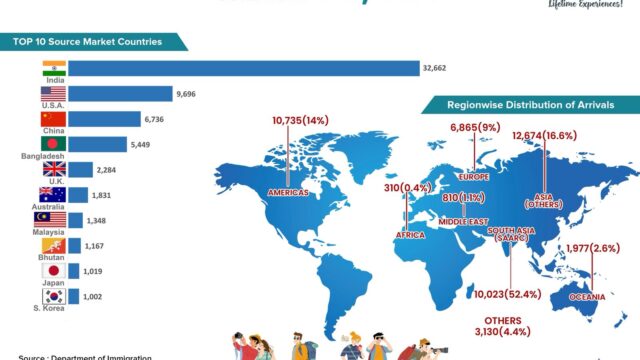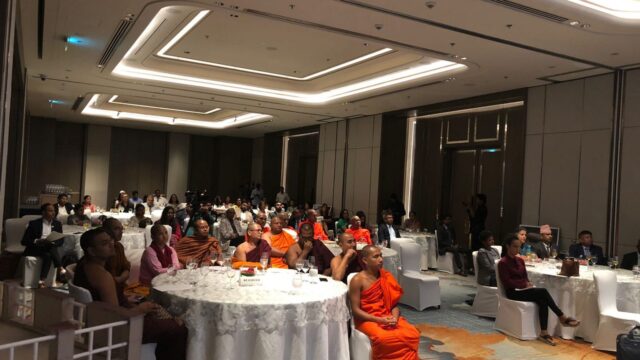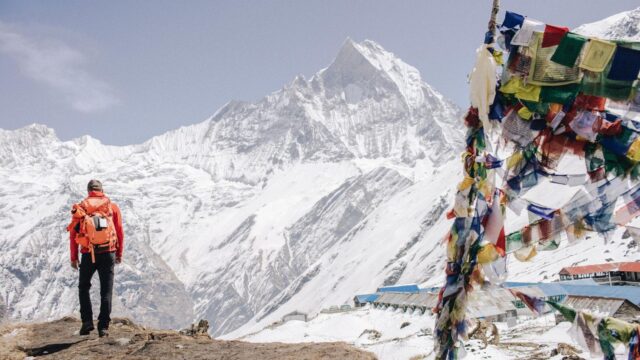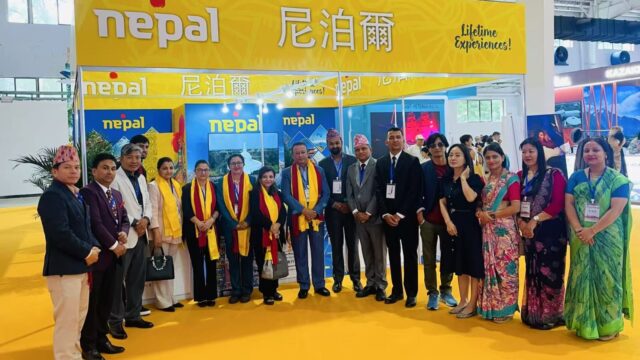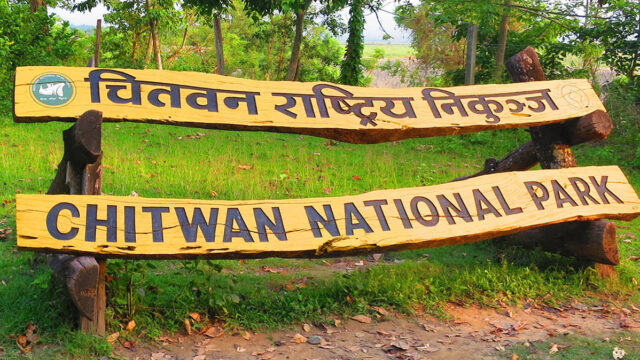The Hotel Association Nepal (HAN), which was founded in 1966 with eight member hotels and currently has 225 members, has had a major impact on Nepal’s hotel and tourism sector. In its first ten years, HAN became a major force in determining government tourist policies and made sure its opinions were heard. Due to a surge in tourism in the 1970s and 1980s, star-rated hotels and travel and trekking firms grew in number. By establishing national and international ties, HAN addressed challenges like labor concerns, networking, and service standards as global trade grew in the 1980s. HAN still tackles industry issues today, making a substantial economic contribution to Nepal.
In Gandaki Province, the hospitality industry is evolving, particularly through HAN Gandaki in Pokhara. HAN Gandaki supports the government’s vision of making tourism a key sector of the economy. With over 100,000 employees and a portfolio of around 10 billion NPR, it is focused on developing world-class infrastructure while incorporating local culture into its services. The association has significantly contributed to job creation and the region’s socio-economic development. In our interview with Mr. Hari Prasad Sharma Gaire, President of HAN Gandaki, he discussed the challenges facing the industry and the role of the association in promoting sustainable tourism.
What is your overall vision for the hotel and tourism sector in Gandaki Province in the coming years?
Mr. Sharma stated, “My vision for the hotel and tourism sector in Gandaki Province is to position this region with 11 district as a premier travel destination, both nationally and internationally. With the increasing influx of tourists, we aim to provide world-class hospitality services that uphold global standards while preserving our local culture and traditions. Our goal is to seamlessly integrate luxury with sustainability, ensuring that tourism positively impacts both the local economy and the environment. By 2030, we envision Gandaki Province as a leading example of sustainable and inclusive tourism development in Nepal.”
How has the hotel industry in Gandaki Province adapted to the challenges posed by the COVID-19 pandemic?
Mr. Sharma noted, “The pandemic presented unprecedented challenges for the hospitality industry, but it also provided an opportunity for innovation and reassessment. HAN Gandaki implemented rigorous health and safety protocols to safeguard the well-being of our guests and staff. We emphasized digital transformation by introducing contactless services and online bookings, essential components of our operations now. Additionally, we diversified our offerings to cater to domestic tourists, which became vital during international travel restrictions. Our adaptability has allowed us to remain resilient during these challenging times.”
What are the major challenges faced by hotels in Gandaki Province, and how is HAN addressing them?
According to Mr. Sharma, “Key challenges include fluctuating demand, increased competition, and maintaining consistent service quality. To tackle these, we prioritize regular staff training and development to meet evolving tourist expectations. We invest in upgrading our infrastructure and maintain a competitive edge by incorporating sustainable practices. Collaborating with local communities and government bodies enables us to address challenges collectively, fostering a supportive environment for tourism to thrive.”
How do you see the role of HAN in promoting sustainable tourism in Gandaki Province?
Mr. Sharma emphasized, “HAN Gandaki is deeply committed to sustainable tourism. We integrate eco-friendly practices in our operations, such as waste reduction, utilizing renewable energy, and promoting local products and services. We actively engage in community-based tourism projects, ensuring that the benefits of tourism reach rural areas. By advocating for responsible tourism, we preserve the region’s natural beauty and create a positive impact on the local economy.”
What initiatives are being taken to attract more domestic and international tourists to Gandaki Province?
Mr. Sharma explained, “To draw more tourists, we are enhancing accessibility to Gandaki’s diverse attractions, particularly in Pokhara, the tourism capital of Nepal, and its picturesque rural surroundings. We promote rural tourism, adventure activities, and cultural experiences through marketing campaigns that showcase Gandaki’s unique blend of natural beauty and cultural heritage. Collaborations with international travel agencies and digital marketing strategies are crucial in reaching new markets.”
How does HAN work with local and provincial governments to improve tourism infrastructure in Gandaki Province?
Mr. Sharma stated, “Our partnership with local and provincial governments is essential for developing tourism infrastructure. We engage in regular discussions on improvements, ranging from road connectivity to enhancing tourist facilities. We also collaborate on tourism policies to ensure they align with industry needs. By providing insights into global best practices, we help shape development strategies for tourism in the province.”
What is being done to promote lesser-known tourist destinations in Gandaki Province, apart from popular spots like Pokhara?
Mr. Sharma mentioned, “While Pokhara remains a top destination, we are actively promoting lesser-known areas in Gandaki, including scenic trekking routes and rural villages. By collaborating with local communities, we are developing rural homestays and eco-tourism experiences that offer tourists an authentic taste of Nepali culture and nature. These efforts not only spotlight hidden gems in Gandaki but also ensure equitable distribution of tourism benefits across the region.”
How do you plan to support the growth of eco-friendly and responsible tourism practices in the province?
Mr. Sharma asserted, “We have initiated several eco-friendly practices, including energy-efficient systems, waste management, and water conservation efforts. We encourage our guests to be conscious travelers by providing information on responsible tourism. Additionally, we are forming partnerships with eco-tourism organizations to further promote sustainable travel experiences in Gandaki Province.”
What training and development programs are in place to enhance the skills of hotel staff in Gandaki Province?
Mr. Sharma highlighted, “At HAN Gandaki, we believe that well-trained staff are the backbone of exceptional hospitality. We conduct regular training sessions focused on customer service, hospitality management, and sustainable practices. Our staff also participate in international workshops to stay updated with the latest industry trends and standards. By investing in our human resources, we ensure that our guests receive top-notch service that meets international expectations.”
How important is it for the hotels in Gandaki Province to maintain a balance between business growth and preserving the local culture and environment?
Mr. Sharma responded, “Striking a balance between business growth and cultural preservation is crucial. Our approach is to incorporate local traditions and customs into the guest experience. For example, we design our hotels and services to reflect local architecture and offer cultural programs that showcase Nepali music, dance, and cuisine. Preserving the environment is equally important, and we adopt eco-friendly practices to minimize our carbon footprint. By doing this, we ensure that tourism growth does not come at the expense of our cultural heritage or natural beauty.”
Under the leadership of Mr. Hari Prasad Sharma Gaire, HAN Gandaki is playing a pivotal role in transforming the hospitality landscape in Gandaki Province. With a focus on sustainability, community engagement, and adherence to international standards, HAN Gandaki is poised to significantly contribute to the growth of Nepal’s tourism sector. As the world recovers from the impacts of the COVID-19 pandemic, HAN Gandaki stands at the forefront of welcoming tourists and elevating Nepal as a global travel destination.
